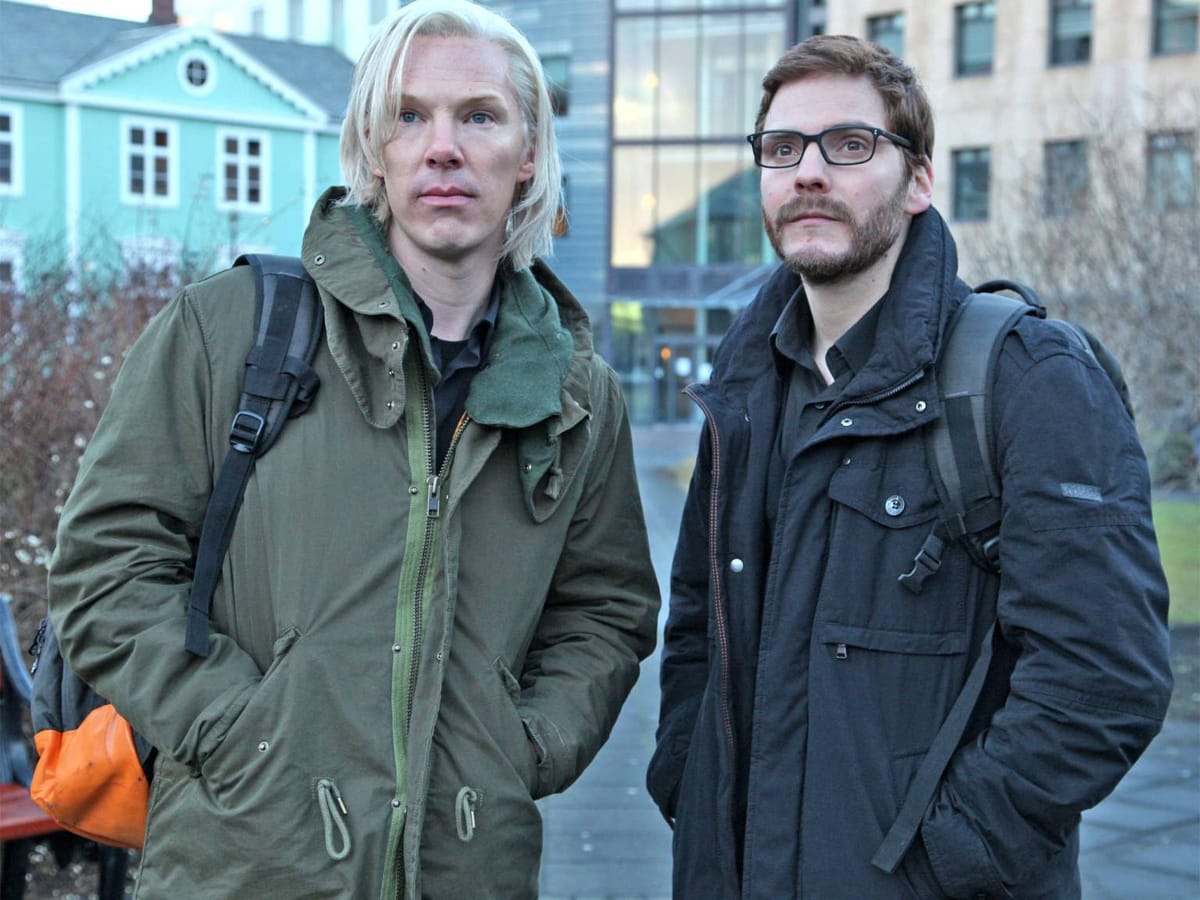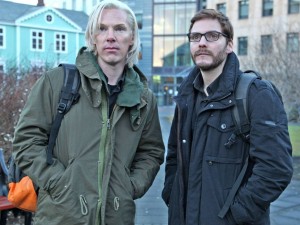The Fifth Estate

The film adaptation of the WikiLeaks saga proves to be less thrilling than expected.
By Peter Nygaard Christensen, BA Arabic and Politics
There is potential for great films in the story of Julian Assange and his life’s work, WikiLeaks, but the continuing actuality of his work, as well as the unresolved ethical questions, demand a carefully planned scope and treatment of the narrative. Unfortunately, The Fifth Estate fails to do so, in choosing what the film is about, or rather, who it’s about. The result is a film that spreads itself thin, as it attempts to make three films at once; One about the hacker, Julian Assange, one about WikiLeaks and one about the complicated nature of being Julian Assange’s sidekick.

Consequently, the film seems shallow, as it throws in themes and sub-plots without developing them to the extent they deserve. This causes the dialogue to rush from one dense, solemn statement to the next, where every line is indispensable to the plot’s progression. Such a screenplay leaves no time to develop the characters and thus, paradoxically, fails to make them believable. Regardless of Benedict Cumberbatch and Daniel Brühl’s previously demonstrated talents, they simply don’t have the material to excel in “The Fifth Estate”. Numerous of the key scenes in their turbulent partnership are, to say the least, clumsy and contrived. So are many other characters of the film, who can roughly be reduced to: “one character, one job”. We have the worried girlfriend who wants Daniel to be safe, the concerned politician who wants her Libyan source to be safe, the proud parents and so on.
Around two-thirds into the film, the pace picks up, when “The Iraq War Logs” and the collaboration between WikiLeaks and ‘The Guardian’ is introduced. Although late, this segment of the film is important, as it challenges the straightforward treatment of Assange’s project thus far in the film. Nonetheless, it is crowded by the conventional “will-they-dismantle-the-bomb-in-time”-atmosphere of a typical thriller, and any new aspects on the matter are nowhere to be found. Prioritizing this segment over the farcical ‘bromance’ between Julian and Daniel would most likely have produced a more engaging film.
Visually, a number of attempts are made to grapple with the textual world of the internet that Daniel and Julian act in. These range from the successful overlay of a grainy live-twitter feed, to an awkward scene in which Daniel and Julian’s chat messages are projected onto their faces. There are other details concerning communication that seem rather odd, e.g. the heavy usage of Skype, cell phone calls and last but not least, Julian chatting about highly sensitive material through an airplane’s on board wi-fi. Surely these events occur prior to Snowden’s leaks, but to think that someone as technically virtuous as Julian Assange would allow such reckless forms of communication seems unbelievable.
The film’s greatest achievement occurs in its final moments, when Cumberbatch’s Assange is being interviewed from his exile. By reiterating the criticism that the real Assange uttered against the film and the novel on which it is based, the film manages to lift itself to a level of sophistication from which it addresses the main concern of WikiLeaks: who is to be trusted? “It is all about you… and a little bit about me too” – Julian Assange’s closing remarks, which could have been true, if the producers had dared to cut the tropes.




